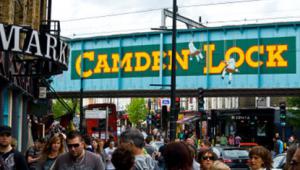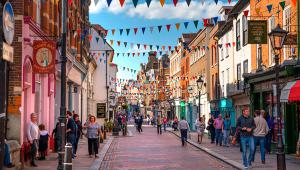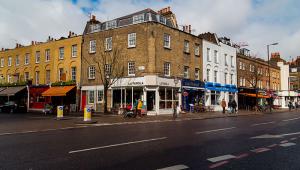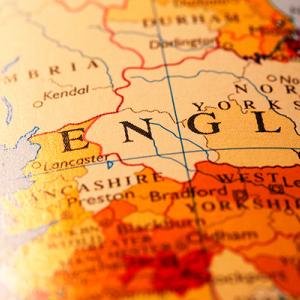London heads into the mayoral elections this week having reached a key landmark. We now have 50 Business Improvement Districts (BIDs) in the capital following the election of Euston Town last month.
BIDs are important generators of local growth. Working with the business community they improve key economic clusters, ensuring that they become a better place to work, shop and visit.
As Boris prepares to leave City Hall to make way for the new Mayor, it’s worth considering what’s next for BIDs.
As those of us who work on BID teams know, you have to make your own luck.
We don’t enjoy a fixed, secure position like a local authority or a Whitehall department.
Every five years we create and present a vision to our local business community aimed at driving economic prosperity and regeneration.
If local firms agree to it, we go ahead and deliver it.
Much of our work involves building coalitions of support to secure funding and make ambitious projects a reality.
While our flexibility allows us to thrive and respond to very local challenges, we can improve by learning from each other.
Collaboration is crucial to our work, and one of the most important partnerships for all of London’s BIDs is with the Greater London Authority.
This is our five-point plan for the next Mayor of London.
#1: Give us more regeneration responsibility
We have two very successful Mayoral Development Corporations (MDCs) in London that have brought vast benefits to the Queen Elizabeth Olympic Park and the Old Oak and Park Royal Area.
MDCs however are dominated by the GLA and lack local leadership. We want to ensure that key development areas consider the voice of local business by allowing BIDs, LEPs and other private partnerships to lead MDC projects.
#2: Support high-growth small businesses and start-ups
London is a global leader of entrepreneurship yet too many of our start-ups fail to take off. We need to look at how we can better share the knowledge of what it takes to succeed with budding entrepreneurs.
The next mayor needs to support and help to establish innovative projects like open and collective workspaces which help entrepreneurs learn to exchange ideas and share success.
#3: Appoint a Deputy Mayor for Regeneration and Local Economic Growth
We need a specialist in City Hall that can work with London’s economic clusters to support regeneration and growth.
The appointee would have a steering role, making suggestions to BIDs teams based on past successes, and supporting projects by scoping-out funding opportunities.
#4: Fight to protect office space in the capital
Most of our business members are commercial tenants, yet recent reforms mean planning applications are not necessary on certain types of property.
Landlords can now convert their premises from an office to a residential unit much more quickly. The GLA Open Workspace Group’s Manifesto shares our view that this is a major threat to areas of the capital not exempt from this policy.
#5: Let us deliver more
BIDs haven’t been able to make the most of the instincts and expertise of our business members. As BID teams we represent some of the most successful companies in the world, let alone the capital.
We want to harness this thinking in the context of improving local communities. We want to work with local commerce to provide better transport, schools and other front line services.
If you’d like to hear more about our BIDs’ priorities for the next Mayoral Term, take a look at my recent appearance on London Live’s ‘The Headline Interview’ here.




















